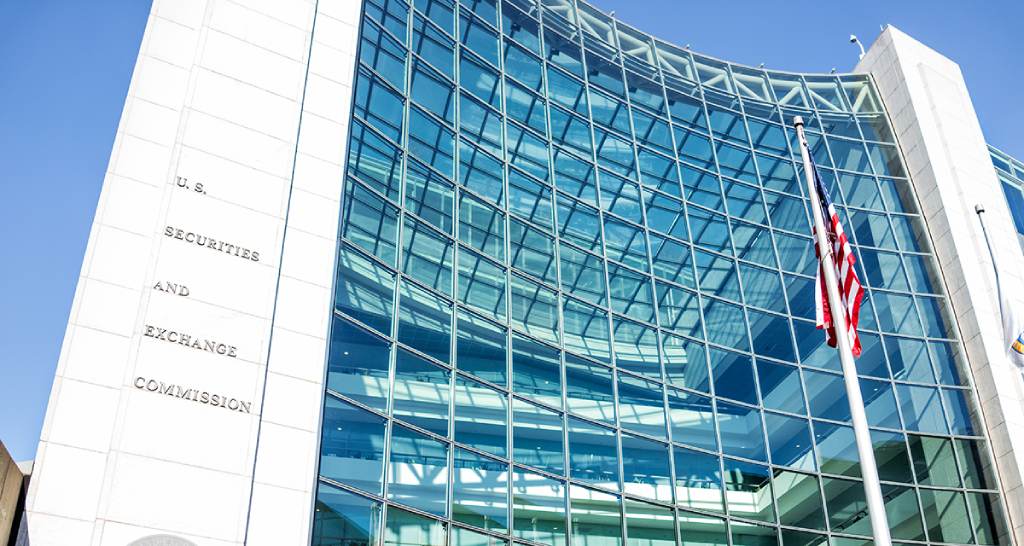
IESE Insight
The supervision of listed companies: better out in the open?
Disclosing the oversight actions of regulators may be an effective and inexpensive way to improve the quality of financial information from publicly traded companies. This is the conclusion of a study led by Miguel Duro and Gaizka Ormazábal.
Following the Boston Marathon bombing in April 2013, the FBI faced a hand-wringing dilemma: Should it air what it knew about the suspects or keep quiet? Disclosure could elicit more help from the public, but it could also tip off the culprits.
A similar quandary arises frequently when it comes to regulatory oversight: Is it wise to disclose monitoring and control measures? How much should be made public? Being out in the open may well increase the measures' effectiveness (as in the Boston bombing example, releasing photos of suspects expedited their capture). That said, there may be counterproductive side effects to consider, too.
These issues are at the heart of the article "The Effect of Enforcement Transparency: Evidence from SEC Comment-Letter Reviews," written by IESE's Miguel Duro and Gaizka Ormazábal, in collaboration with Jonas Heese from Harvard Business School.
The authors analyze what impact the public disclosure of supervisory activities of the U.S. Securities and Exchange Commission (SEC) has had on listed firms' financial reporting.
Strong support for transparency
The study uses a change in SEC policy as its reference point: in 2004, the regulatory agency announced that it would make public all of its "comment letter" reviews. Comment-letter reviews include the official communications between SEC staff and the publicly traded companies that are required to file their financial statements periodically. Comment letters may flag questionable numbers in filings or simply request additional information to assure regulatory compliance.
Although the SEC's move toward more transparency provides companies with indications of likely oversight areas, enabling them to spruce up their financial reporting, the authors consider it likely that the measure would increase oversight effectiveness going forward for two reasons.
First, disclosure should lead to greater "market discipline." That is to say, with investors watching closely, corporate executives have a greater incentive to address any regulatory concerns in order to safeguard their firm's reputation and market value. This could increase the quality of financial reporting.
Second, disclosure could increase "supervisory discipline," since the SEC's actions are opened up to public scrutiny. In this context, the SEC may work harder to protect its reputation as an effective supervisor and protector of the public interest.
A good decision?
In order to analyze the effect of the SEC policy change on the quality of financial reporting, the researchers studied market responses to listed firms' quarterly earnings announcements. Specifically, they compared the "earnings response coefficients" (a measure of the relationship between a firm's equity returns and any unexpected information in earnings announcements) before and after disclosure of the SEC's comment-letter reviews. The results? It seems investors responded better to more credible earnings announcements after the rule change.
The findings support the theory that disclosure increases the effectiveness of market discipline. The authors also found — consistent with this argument — that results were stronger in firms with a higher proportion of institutional investors (they may be assumed to analyze financial reports more thoroughly) or more substantive comment-letter reviews.
Meanwhile, the team did not find unambiguously conclusive evidence that disclosure significantly impacted "supervisory discipline." They found that the SEC's letters tended to be shorter and address fewer topics after the rule change, even as the number of supervisors at work grew.
Lighting the way for oversight
This is the first study to analyze the effects of the 2004 SEC policy change and it provides empirical evidence that market supervision can be improved through more enforcement transparency. Simply disclosing oversight actions has had a positive impact on the quality and accuracy of the information received by investors, and it comes at practically no cost.
Not surprisingly, this research has sparked the interest of other supervisory bodies. Notably, the European Securities and Markets Authority (the European equivalent of the SEC) cites this study to propose regulatory changes to disclosure policies in Europe.
The move towards greater transparency is gaining supporters. Bank stress tests in Europe and the supervisory actions of the Public Company Accounting Oversight Board (which controls auditor activity in the United States) are already public.
Methodology, very briefly
The authors studied a total of 11,215 SEC comment-letter reviews from 1998 to 2013, 3,292 of which were private (started prior to the policy change) and 7,923 of which were public.
